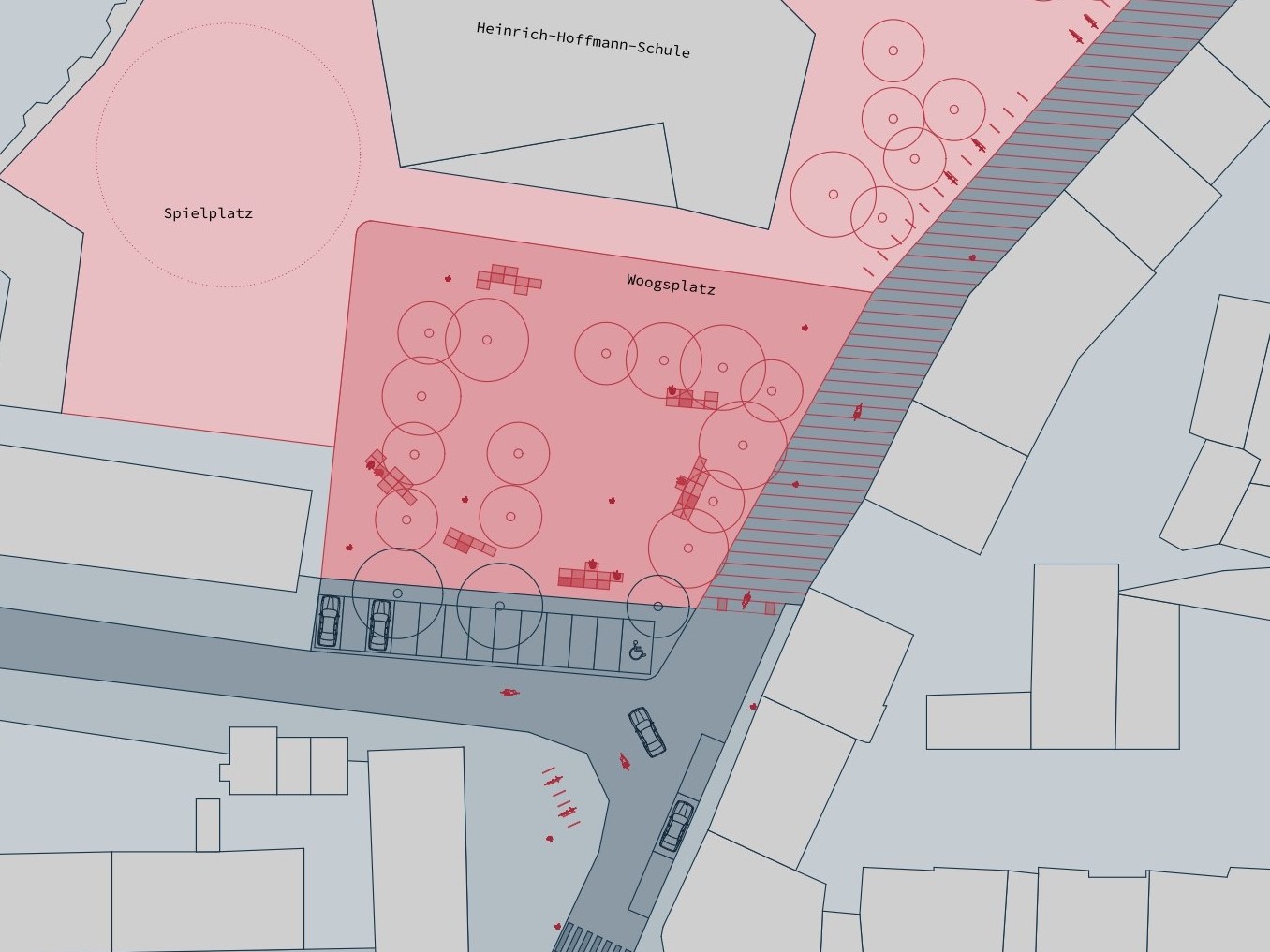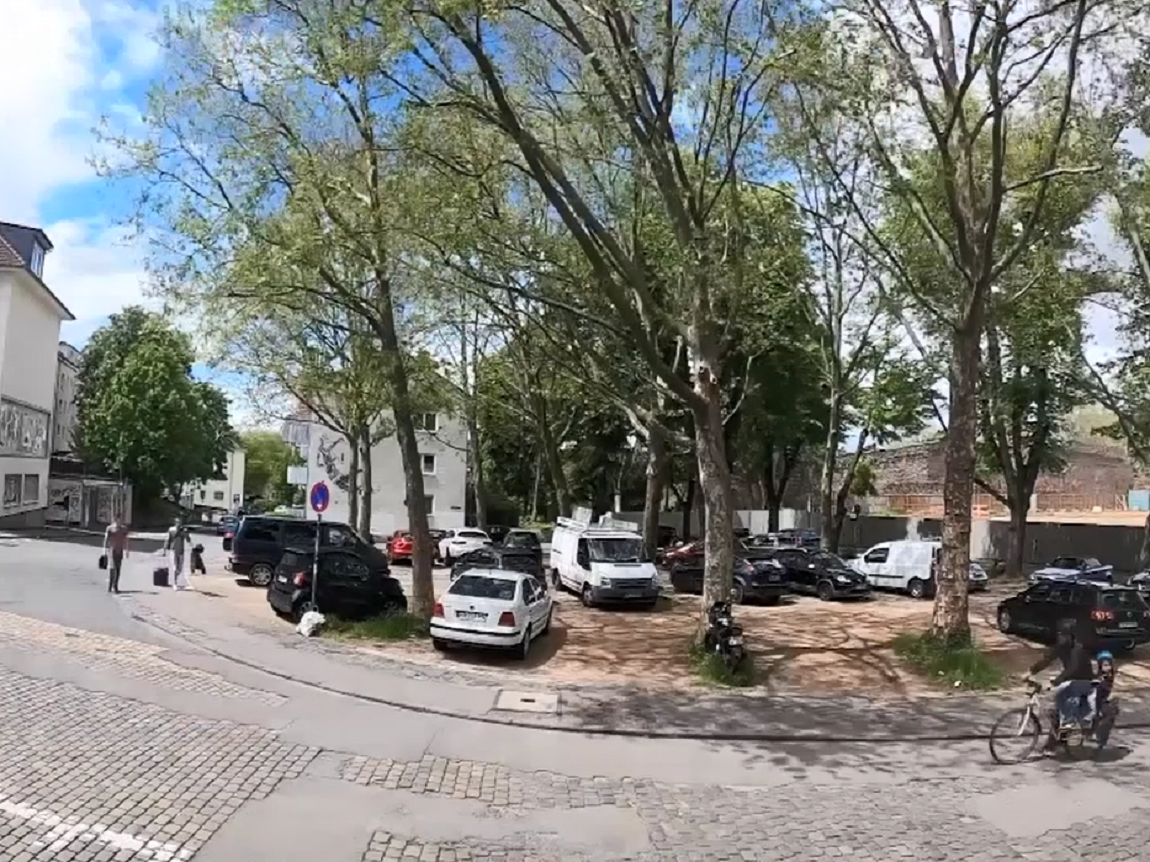Why Sustainable Mobility?
The need for sustainable urban mobility has been high on the EU agenda, bearing in mind the increasing importance of energy saving, sustainable lifestyle and urban quality of life. Moreover, Sustainable Urban Mobility Planning (SUMP) is a major topic in the European Commission’s Urban Mobility Package. SUMP underlies cooperation across different policy areas, across disciplines and government levels, and emphasizes cooperation with citizens. It is important to integrate the concept and practices of sustainable mobility planning in the studies related to architecture and spatial planning, so that the students (the later professionals of urban planning and design) own the basic principles of SUMP.
Why UrbanSCOPE?
The project aims to improve the quality of teaching in universities, by offering students a hands-on approach in the preparation of a SUMP for a locality in their cities, actively involving local communities and local authorities in the process. It also aims to bring the concept of SUMP closer to urban citizens, offering to them a learning package and tools to understand sustainable mobility better as well as exercise their public participation rights in the planning of sustainable mobility in their area.
Read about the latest news in the participating cities!
Check out the national language content of UrbanSCOPE. You will find the latest updates by reading the content of the “Cities” menu, or by clicking on the following buttons:
In the followings, take a look at the selection of our latest posts and content in national languages!

The UrbanSCOPE project (No. 2019-1-HU01-KA203-061226) was funded by the European Commission. The content of this publication does not necessarily reflect the views of the European Commission.
Call 2019, KA2 – Cooperation for innovation and the exchange of good practices
KA203 – Strategic Partnerships for Higher Education
The European Commission’s support for the production of the publications does not constitute an endorsement of the contents, which reflect the views only of the authors, and the Commission cannot be held responsible for any use which may be made of the information contained therein.






